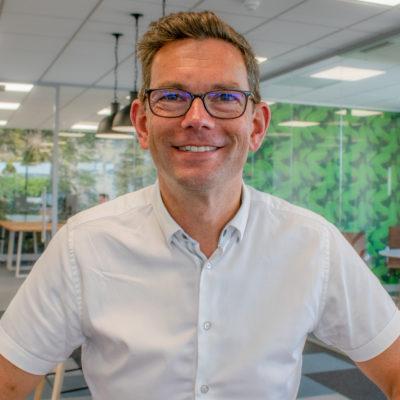Earlier this year, as COVID-19 started to grip UK health systems, a mutual friend introduced me to Katz Kiely, who was working with a wonderful team of volunteers on an innovative solution to the growing crisis of personal protective equipment (PPE) among healthcare workers.
Reports had already been circulating in the press and online about PPE shortages among healthcare professionals (HCPs). Katz’ team were working on a tool that would allow HCPs on the front lines to report their PPE needs in real time via Twitter or the Frontline.Live website; the need would then be displayed a visual map showing where the need was, while suppliers of PPE could be connected fast with the areas of need.
At CREATION.co we had been tracking the growing online HCP conversation about COVID-19, and we were already seeing significant concern about PPE shortages in the conversations taking place among doctors, nurses and other health workers. So when we met Katz’ team, we quickly schemed together to integrate our learnings. Frontline.Live had a mechanism in place to join the dots, highlight the need and connect it with the solution where it was most needed.
But as we worked together, integrated our datasets, and collaborated with the Frontline.Live team, another picture started to emerge that was even more concerning than the PPE issue itself: while Frontline.Live data showed that the majority of HCPs were reporting PPE needs anonymously through the website, only senior professionals appeared to be actively reporting PPE shortages on public social media.
In fact, the top three most influential online HCP voices on PPE – the “Digital opinion Leaders” – are all senior doctors: Oxford University’s Professor Trish Greenhalgh, high profile palliative care physician Dr Rachgel Clarke, and interventional cardiologist Dr Asif Qasim.
But where were the voices of carers and support workers? Our analysis of the integrated datasets showed that more junior healthcare roles were reporting PPE needs anonymously rather than in public.
With this insight, there was a sense that frontline health workers were wary of reprisals if they identified themselves and their workplace as being short of PPE equipment. Doctors, it seems, were confident raising the alarm and were more likely to share a need openly on social media than to post it privately via the Frontline.Live platform, while tweets posted by healthcare assistants indicated a fear of losing their jobs if they mentioned PPE needs.
It feels as if there is a clue here that the PPE discussion is just the tip of the iceberg, that a wealth of intelligence exists among frontline health workers about the challenges they face day to day that, if addressed, could achieve better health outcomes and even save lives.
So we’re supporting Frontline.Live as they continue to drive awareness and I hope the platform goes on to continue to draw on intelligence from the front lines that can ultimately inform local and even national health policy.
A systemic issue of fear in the healthcare system is not at all healthy: we already know that health workers are under pressure, facing stress, mental health challenges; that suicide rates are disproportionally high among healthcare workers. As a nation, we must address this. It will take more than clapping and “Thank You” signs to celebrate our NHS workers, but public awareness and appreciation is a good start. Until then, through the messages shared by health workers on Frontline.Live and on social media, we must continue to amplify the voice of the unheard health workers.
 By Daniel Ghinn
By Daniel Ghinn 
